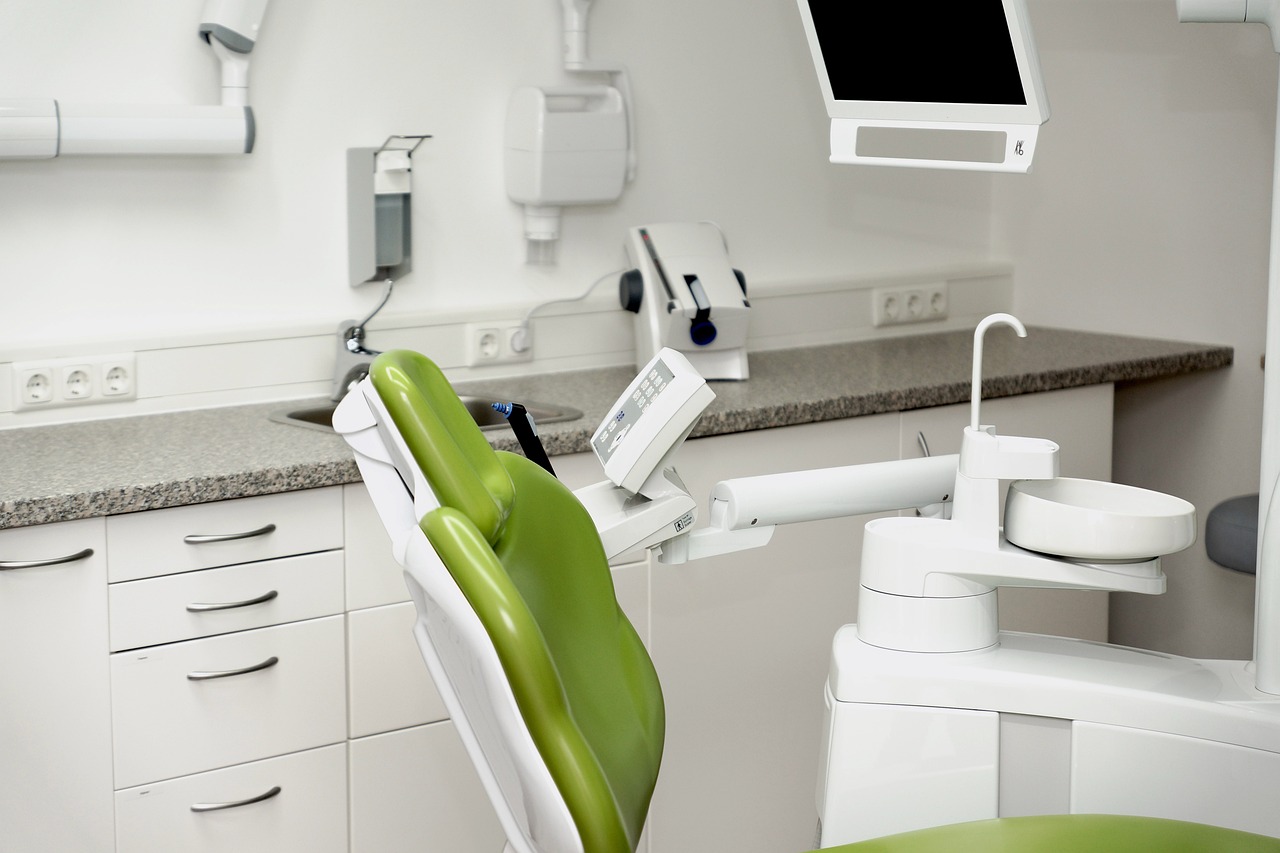Engaging in any form of enterprise requires an understanding of the various elements of business, from operational logistics to financial administration. As a dental professional, your primary focus may be providing top-notch oral care, yet, becoming acquainted with the non-medical side of running a dental practice is equally paramount. Among these facets, understanding lease agreements plays a significant role. It not only ensures a smooth-running dental practice but also assists in avoiding potential pitfalls that could jeopardize your operation.
The lease agreement is a vital document, often overlooked or underserved due to its seemingly mundane nature. Still, it is a fundamental pillar in the establishment and sustenance of a dental practice. This article seeks to elucidate this aspect, shedding light on the essential components every dental professional needs to understand about lease agreements, including a brief mention of the intricacies of a dental office lease.
Table of Contents
1. The Basics of Lease Agreements
The first thing to know is what a lease agreement is. It’s a legal document that outlines the terms under which one party agrees to rent property from another party. A dental office lease, for instance, specifies the obligations of the tenant (the dental professional) and the landlord. According to a study conducted by the American Dental Association in 2021, an alarming 38% of dental professionals admitted to not fully understanding the contents of their lease agreement, which can potentially lead to avoidable disputes or financial losses.
2. Important Components of a Lease Agreement
A lease agreement is not just a legal document but a critical tool that shapes the direction of your dental practice. It contains various important elements that warrant close attention. These include the lease term, rent amount, security deposit details, repair and maintenance responsibilities, and clauses such as rent escalation or insurance requirements. For dental professionals, one specific clause that holds significant implications is the ‘leasehold improvements’ clause. This term refers to modifications made to the rented property to suit the tenant’s professional needs. These could be layout alterations or additions of specific equipment essential for dental operations. Understanding these components is a must to ensure a smooth operation of your dental practice.
3. The Impact of Lease Agreements on Practice
The terms and conditions stipulated in a lease agreement have a direct bearing on the functionality and financial health of a dental practice. Take, for example, a case highlighted in a 2022 report from The New York Times. An unfavorable lease agreement led to the closure of a thriving dental practice. This situation underscores the importance of understanding and negotiating lease terms that align with your practice’s needs and financial capabilities. Neglecting this aspect can have grave repercussions, including financial distress or even the untimely closure of a practice.
4. Negotiating Lease Agreements
The process of negotiating a lease agreement requires careful deliberation and, often, professional guidance. It’s not just about securing a location for your practice; it’s about setting the terms for your business operations for the years to come. The US Small Business Administration recommends enlisting the help of a real estate lawyer during this process. Having an expert in your corner can guide you through negotiations, ensuring that the terms are not just legally sound, but also favorable for your dental practice. They can help identify and mitigate potential issues such as unexpected rent increases or unfair lease termination clauses. This proactive approach to lease negotiation could be the difference between a successful dental practice and a struggling one.
5. Understanding Legal Jargon
Lastly, lease agreements are filled with legal jargon that may seem confusing. The National Association of Realtors suggests that dental professionals, like other business owners, should familiarize themselves with common legal terms found in lease agreements. This knowledge can help you better understand your rights and obligations as a tenant, ultimately enabling you to operate a more secure and successful dental practice.
Understanding lease agreements, whether they are general or as specific as a dental office lease, is an integral part of running a successful dental practice. The terms outlined in these agreements significantly influence the operation, financial stability, and longevity of your practice. It’s not just about securing a space to perform dental procedures but establishing a firm foundation for your business’s future.
While we’ve touched upon the importance of lease agreements in this article, there’s still a multitude of areas in managing a dental practice worth exploring further. The significance of accounting practices, hiring strategies, and understanding dental insurance are just a few that spring to mind. Each of these components plays an important role in crafting a thriving dental practice, deserving their share of attention and comprehension.










